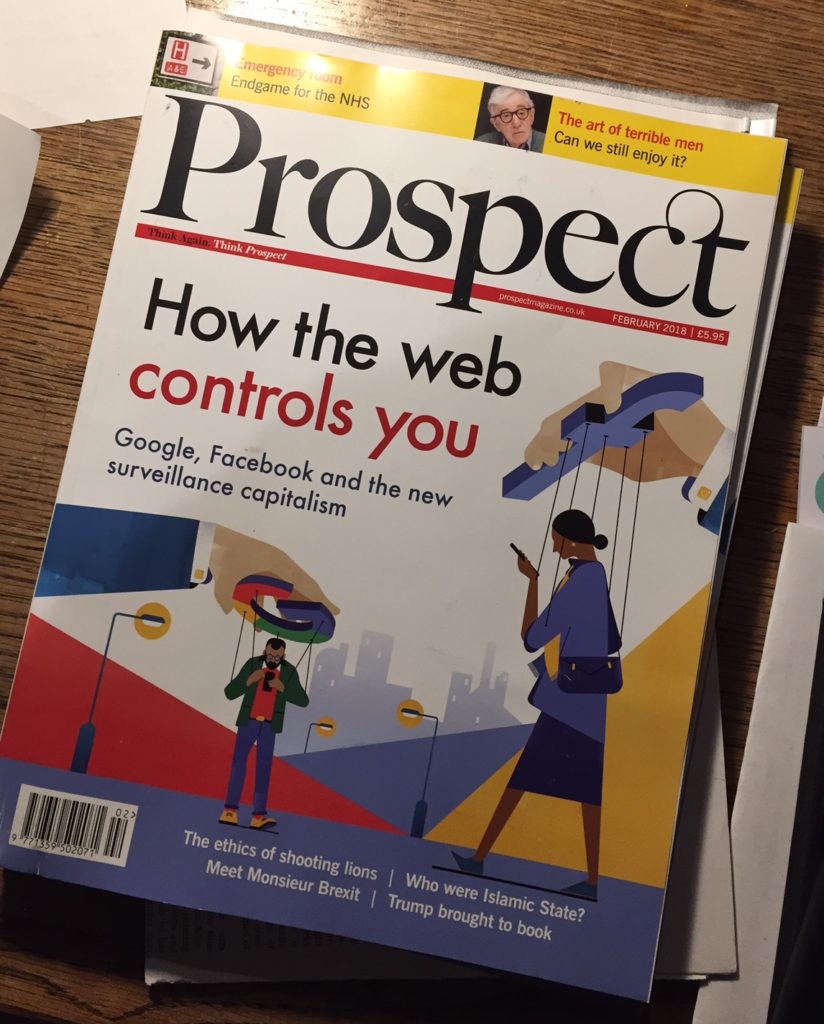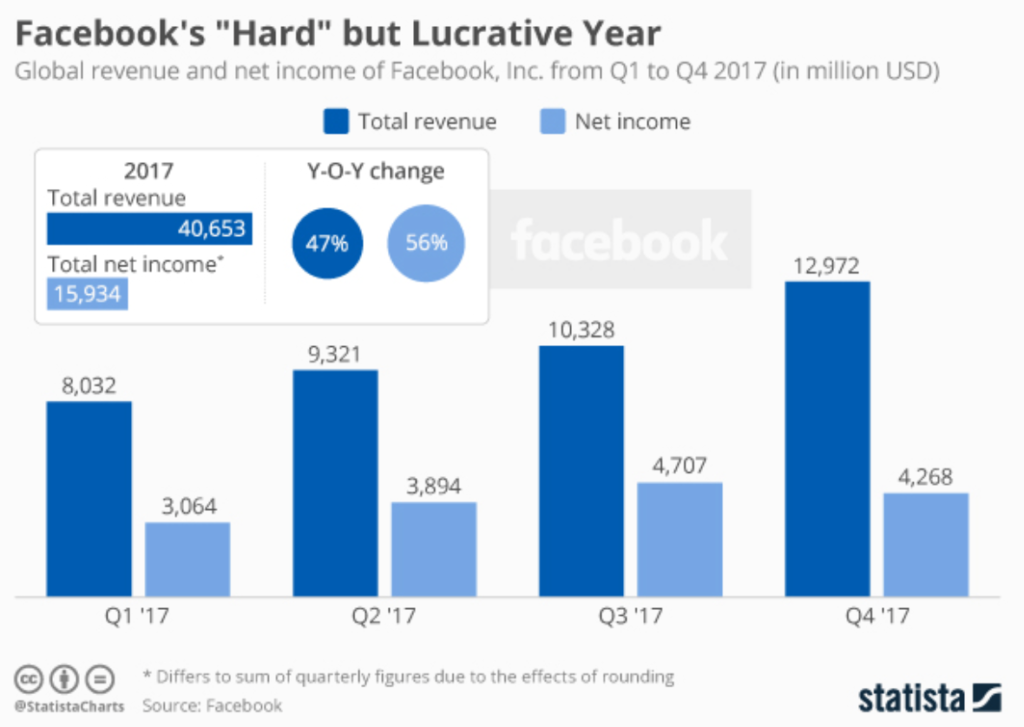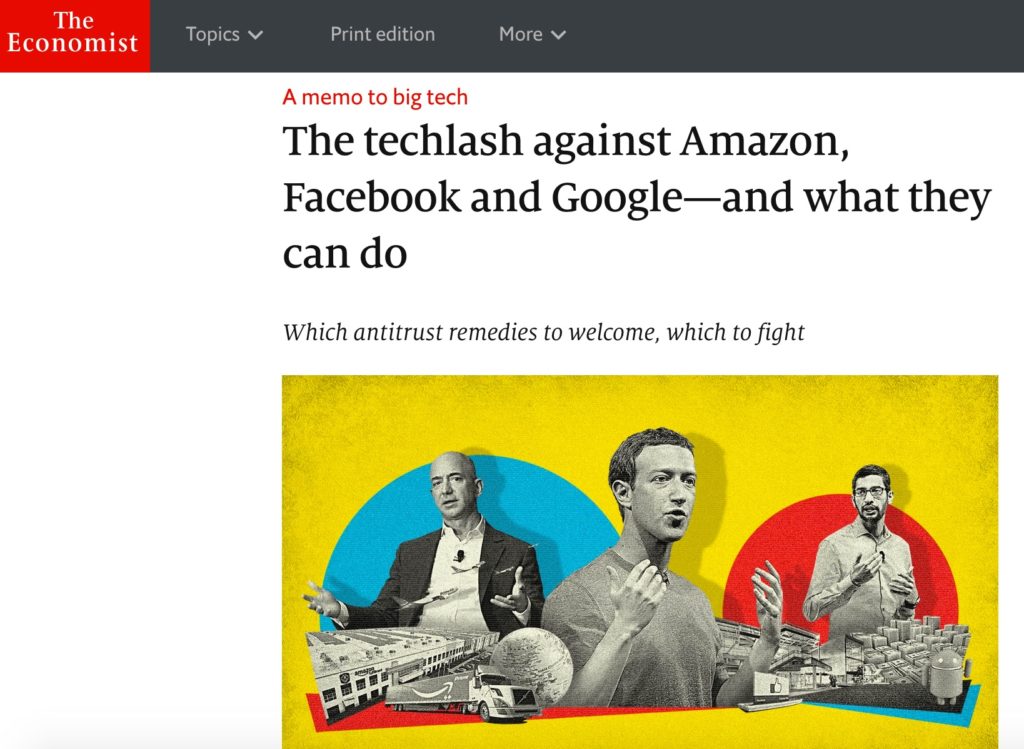The new issue of Prospect is on the streets with my cover story.
Category Archives: Politics
Brexiteers prepare their stab-in-the-back conspiracy theory for failure
It’s funny how history repeats itself. After Germany’s defeat in WW1 the Dolchstoßlegende conspiracy theory — the idea that the German Army did not lose World War I on the battlefield but was instead betrayed by the civilians on the home front was widely believed and promulgated in right-wing circles in Germany. Accordingly, the German government leaders who signed the Armistice on November 11, 1918, were the “November Criminals”.
Now spool forward a century to contemporary Britain, where the lunatic fringe of the Tory party are preparing their very own Dolchstoßlegende. As my Observer colleague, Nick Cohen, puts it:
Patriots who shout about their love of country daily announce their hatred of every British principle that might constrain them. The rule of law and sovereignty of parliament? The Mail echoed every totalitarian movement since the Jacobins and denounced judges as “enemies of the people” for ruling that Brexit couldn’t be triggered without the approval of parliament. Academic freedom? A government whip demanded universities tell him what lecturers were teaching about Brexit. The right of MPs to follow their conscience? Liberal Tories received death threats after the Telegraph called them “mutineers” for not obeying orders and thinking for themselves. Now the civil service is having its ethics besmirched and neutrality threatened. Jacob Rees-Mogg and Steve Baker accused it of plotting to undermine Brexit by producing needlessly pessimistic forecasts. The lie was so demonstrably false even Baker had to apologise. Tellingly, Rees-Mogg did not. Unnervingly, he may be our next prime minister.
You do not have to know much history to recognise a stab-in-the-back myth in the making… So Brexit will not be defeated because the Tory right sold the British a fantasy but because judges, civil servants, saboteurs and mutineers subverted a glorious victory…
History is indeed repeating itself. But this is no farce.
LATER Simon Wren Lewis has a thoughtful blog post about one aspect of this — the way in which expert advice based on carefully-constructed models of what a post-Brexit UK economic would be like are being rubbished by the ministers who commissioned them. Wren-Lewis quotes a paragraph from an astute FT piece by Chris Giles (sadly behind a paywall) which nicely sums up the hypocrisy of this:
“Ministers now have a choice. They can opt for an honest Brexit in which they argue in public that people should pay an economic price for their policies. Or they can opt for a dishonest Brexit, pretending they have a secret plan for economic nirvana and trashing their own internal economic evidence. Ministers’ initial reaction in disowning the analysis suggests deception is the government’s central Brexit strategy. People talk about a crisis in economics. After this episode, it is the crisis in politics that should really concern us.”
Developer’s Remorse kicks in
At last! The Center for Humane Technology has launched.
From the NYT report:
Its first project to reform the industry will be to introduce a Ledger of Harms — a website aimed at guiding rank-and-file engineers who are concerned about what they are being asked to build. The site will include data on the health effects of different technologies and ways to make products that are healthier.
Jim Steyer, chief executive and founder of Common Sense, said the Truth About Tech campaign was modeled on antismoking drives and focused on children because of their vulnerability. That may sway tech chief executives to change, he said. Already, Apple’s chief executive, Timothy D. Cook, told The Guardian last month that he would not let his nephew on social media, while the Facebook investor Sean Parker also recently said of the social network that “God only knows what it’s doing to our children’s brains.”
Mr. Steyer said, “You see a degree of hypocrisy with all these guys in Silicon Valley.”
The new group also plans to begin lobbying for laws to curtail the power of big tech companies. It will initially focus on two pieces of legislation: a bill being introduced by Senator Edward J. Markey, Democrat of Massachusetts, that would commission research on technology’s impact on children’s health, and a bill in California by State Senator Bob Hertzberg, a Democrat, which would prohibit the use of digital bots without identification.
Government by taxidermy
Nice, perceptive column by Matthew d’Ancona:
Still, though, one continues to hear that [Theresa May] should stay where she is, as the only senior Tory who can realistically preside over the “constructive ambiguity” required by the Brexit talks – publicly demanding a clean break while quietly negotiating the complex, nuanced and unheroic deal that anyone remotely sensible knows is the only halfway palatable outcome.
The trouble is, she is doing no such thing. She is not the deft manager of meaning, soothing all sides and persuading each faction that its interests are being respected. She is the stuffed remnant of a once-optimistic prime minister, helpless in the midst of anarchic cacophony. This is government by taxidermy.
Yep. Amazing, perplexing — and alarming — to watch.
Disrupting democracy is a profitable racket
The real threat from Trump
Summarised neatly by David Frum in his new book:
“The thing to fear from the Trump presidency is not the bold overthrow of the Constitution, but the stealthy paralysis of governance; not the open defiance of law, but an accumulating subversion of norms; not the deployment of state power to intimidate dissidents, but the incitement of private violence to radicalize supporters.”
Countering the wisdom of hindsight
We went to see Darkest Hour last night. Spellbinding performance by Gary Oldman as Churchill. The only parallel I can think of is Bruno Ganz’s evocation of Hitler in Downfall. There are a couple of dramatic-licence slips which are understandable in terms of the script dynamics but overall it’s a fascinating and occasionally moving film. Its most redeeming features are (i) countering the complacency of hindsight by conjuring up the desperation of the British plight after the invasion of France (and before US aid kicked in); and (ii) its revisionist interpretation of the peacemongering activities of Lord Halifax and Neville Chamberlain in the early days of the War Cabinet.
Well worth seeing IMHO.
ps: Makes me realise that I need to read Nicholas Shakespeare’s Six Days in May. No rest for the wicked.
The ‘techlash’ goes mainstream
A taxonomy of Trump tweets
From George Lakoff.
I’ve said from the beginning that Trump is the first politician really to understand social media. I wish the journalists who retweet him had the same level of understanding.
Drumbeats
Lest we get too optimistic about 2018, this from Eliot Cohen, Director of the Strategic Studies program at Johns Hopkins:
There are sounds, for those who can hear them, of the preliminary and muffled drumbeats of war. The Chinese are reported to be preparing refugee camps along the North Korean border. Resources are being shifted to observe and analyze the North Korean military. Mundane logistical processes of moving, stockpiling, and updating crucial items and preparing military personnel are under way. Only the biggest indicator—the evacuation of American dependents from South Korea—has yet to flash red, but, in the interest of surprise, that may not happen. America’s circumspect and statesmanlike secretary of defense, James Mattis, talks ominously of storm clouds gathering over Korea, while the commandant of the Marine Corps simply says, “I hope I’m wrong, but there’s a war coming.”
Maybe nothing will happen. Maybe Donald Trump, he of the five draft deferments during the Vietnam War, will flinch from launching a war as commander in chief, in which case the United States will merely suffer an epic humiliation as it retreats from as big a red line as a president has ever drawn. Still, lots of people have an interest in war. For Russia, the opportunity to set the United States and China against each other over Korea is a dream come true. For narrow-minded American strategists, it is the only way of cutting the North Korean nuclear Gordian knot. For Kim Jong Un peeking over the edge of the precipice may cause South Korea to break with the Americans, or the Chinese to fight them. For Donald Trump it may be a moment of glory, a dramatic vindication of campaign promises, and an opportunity to distract American minds from Robert Mueller’s investigation of his campaign’s ties to the Russians. And so threats and bluster may turn into violent realities. And if they do, not tomorrow or the next day, but some time in 2018, a Second Korean War could very well make it one of those years in which history swings on its hinge.





